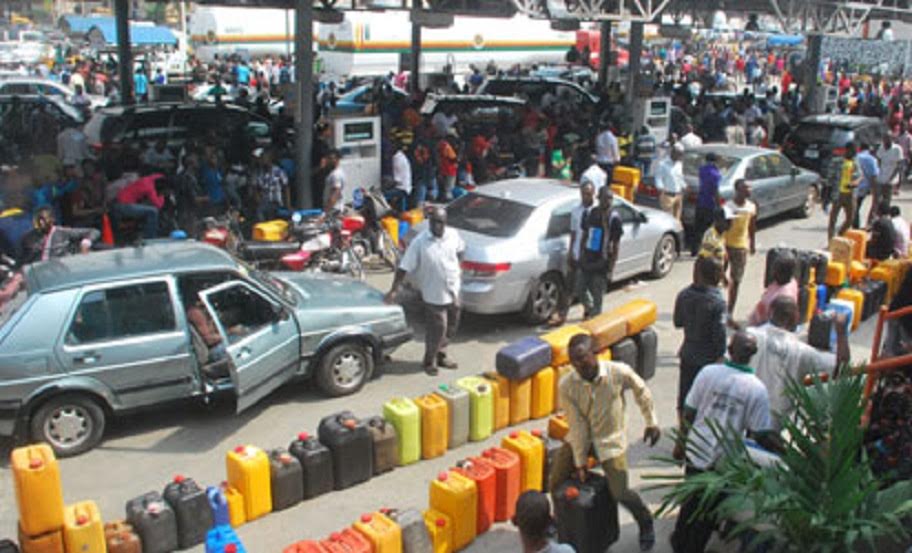Petroleum scarcity may be brewing in the South Western region of the country as the Independent Petroleum Marketers Association of Nigeria (IPMAN), South-West Zone is set to halt petroleum distribution over toll fees in the Lekki-Epe axis.
To this end, residents and businesses around the Lekki-Epe axis may experience energy supply disruption following a directive by IPMAN, South-West Zone, asking its transporters to withdraw from the Lekki-Epe corridor starting Monday, June 16, 2025.
It is also feared that the action may spiral into scarcity in the South West part of the country. The Lekki-Epe corridor hosts critical infrastructure such as the Lekki Deep Sea Port, Dangote Refinery, and several industrial estates, factors that have significantly increased truck traffic and worsened congestion in the area.
Petroleum marketers and truck owners are rejecting the Lagos State government’s enforcement of a N12,500 e-call-up levy on trucks operating along the Lekki-Epe corridor.
The IPMAN and the National Association of Road Transport Owners (NARTO), on Monday. staged a peaceful demonstration, withdrawing haulage and fuel trucks from the corridor in rejection of what they describe as an ‘exploitative, ill-timed, and burdensome’ policy.
The protest, which effectively halted tanker movement from the region, raises serious concerns about fuel distribution in Lagos and other parts of the country, as the Lekki axis plays a strategic role in supplying petroleum products, particularly, with the presence of the massive Dangote Refinery and associated facilities.
According to the protesters, the e-call-up levy—part of a public-private partnership (PPP) initiative—is being enforced without adequate infrastructure or stakeholder input. They insist the policy does not address any actual traffic congestion, which government officials have cited as the primary reason for its implementation.
The immediate past chairman of IPMAN in the South-West, Dele Tajudeen said, all efforts to reach a compromise with the government were rebuffed, saying, ‘We have had several meetings, but the government has remained adamant.’
“There is no gridlock along the corridor. So why this levy? This policy is not about solving a traffic problem—it’s about enriching private interests under the pretense of public benefit,” he said.
He further argued that the funds from the levy are not being remitted directly to the state government but rather to private partners, raising questions about transparency.
“We already paid N7,000 at the toll gate. Now an additional N12,500 is being demanded.
That’s N19,500 before we even load fuel. And this money, we hear, is going to a private account—not the government. This is not sustainable,” he added.
